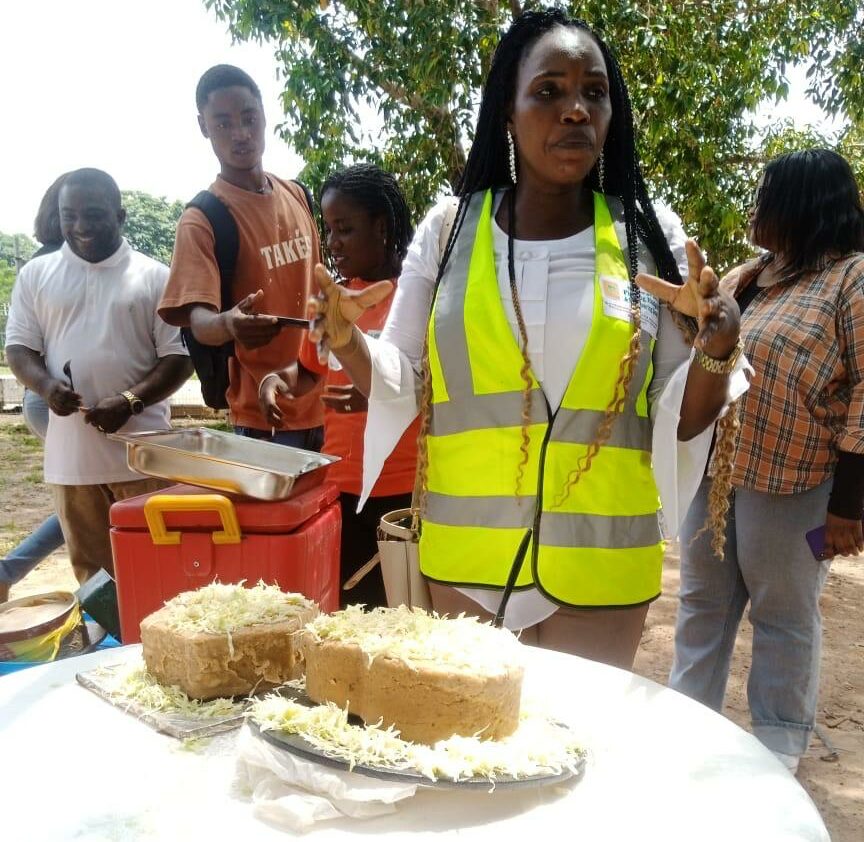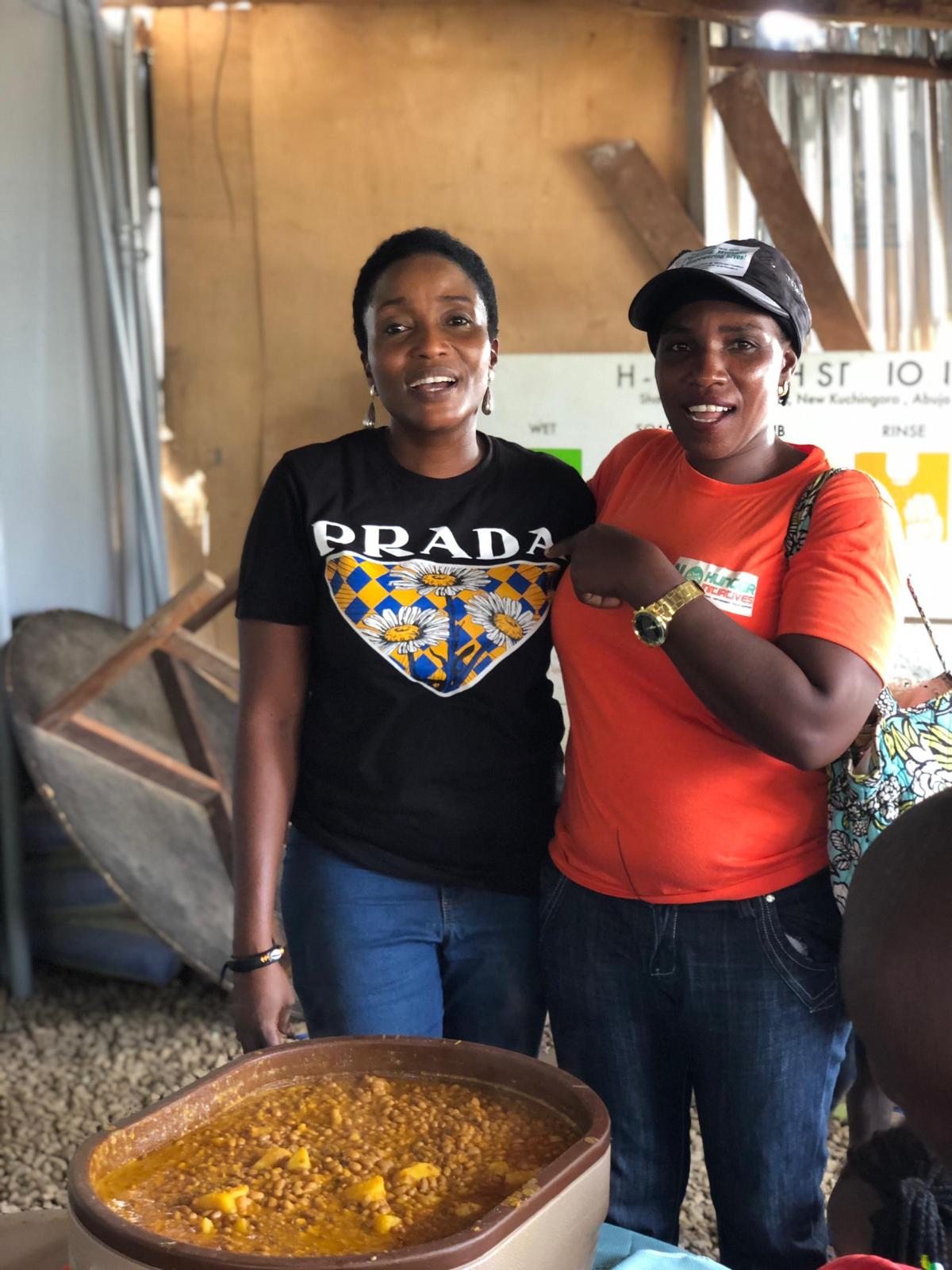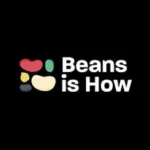
In Nigeria, the 2021 National Food Consumption and Micronutrient Survey (NFCMS), reported that approximately 11 million (33%) of children aged under five years were stunted, while 4 million (12%) children were wasted with an astonishing 21 million (62%) children suffering from anaemia. Among NHFB’s beneficiaries, the most widespread micronutrient deficiencies are iron, zinc, vitamin A, and folate caused by diets limited in micronutrient intake. Iron deficiency is a pressing concern, especially among young children, leading to increased anaemia, cognitive impairment, increased risk of child and maternal morbidity and mortality, and lower work productivity.
Recognizing their role in contributing to SDG2 – Zero Hunger by supporting climate adaptation in agriculture and promoting nutritious balanced diets, NHFB aims to triple the amount of dry beans it provides to its beneficiaries, accelerating food and nutrition security (FNS) among internally displaced families through a sustainable and cost-effective dietary-based approach.
The Temporary Food Assistance Programme (TFAP), Community Breakfast, Smart Mata-Agro-Hub (MATHS), School Feeding Programme, and more, are community driven interventions instrumental in improving awareness about the value of beans and pulses as a way to drive increased consumption and production. Secondly, NHFB has initiated an agricultural recovery programme among Abuja smallholder farmers, using beans as one of the strategic legumes cultivated and harvested in these female-headed farming households. Thirdly, NHFB is collaborating with emerging agri-tech stakeholders to triple beans rescue efforts along the Northern Nigerian beans value chain, thereby expanding beans meal options being provided to beneficiaries.
As NHFB transitions into its 2024-2028 Strategic Plan, the focus remains on integrating beans into emergency food assistance programs. For instance, in the 2024-2028 strategic plan, NHFB would collaborate with selected Government Offices / Agencies to supplement internally displaced families with 3 kg of millet and increase beans distribution from 0 kg to 3kg, adhering with the goal to triple bean consumption among 9,000 internally displaced families.
Additionally, NHFB will utilise new media, including YouTube channels and podcasts, to promote indigenous bean recipes, cooking methodologies, and in educating about the value of beans in eliminating chronic iron deficiencies among children and accelerating climate adaptation, especially in Northern Nigeria.


As a member of the Bean Coalition, No Hunger Food Bank is excited to provide crucial support towards achieving Beans is How’s mission, integrating beans into their programs and helping to advocate for a multisector collaborative approach to nutrition security with UNICEF, private sector entities, and the Nigerian Government.
By inspiring more Nigerians, especially children, to embrace beans as a nutritious staple, NHFB is paving the way for a healthier and brighter future for communities across Nigeria.



